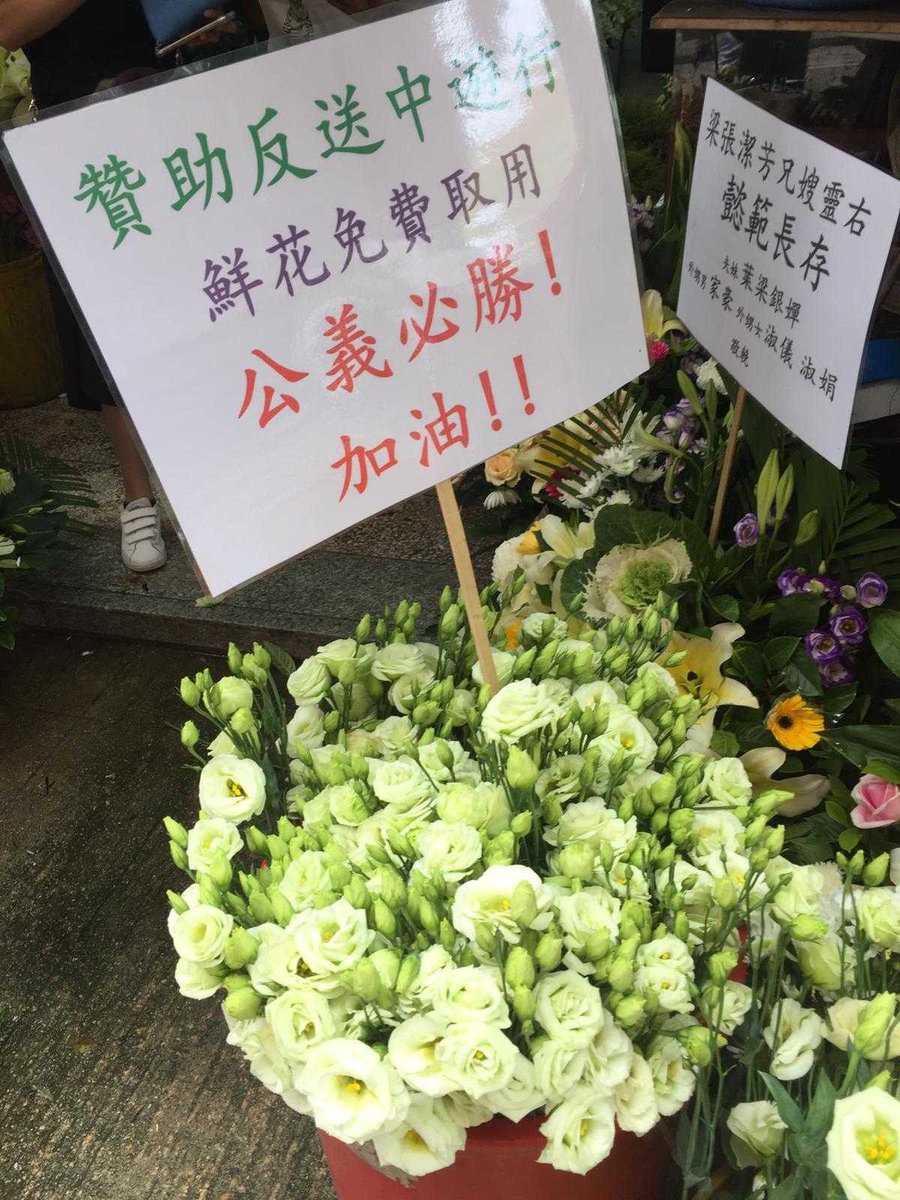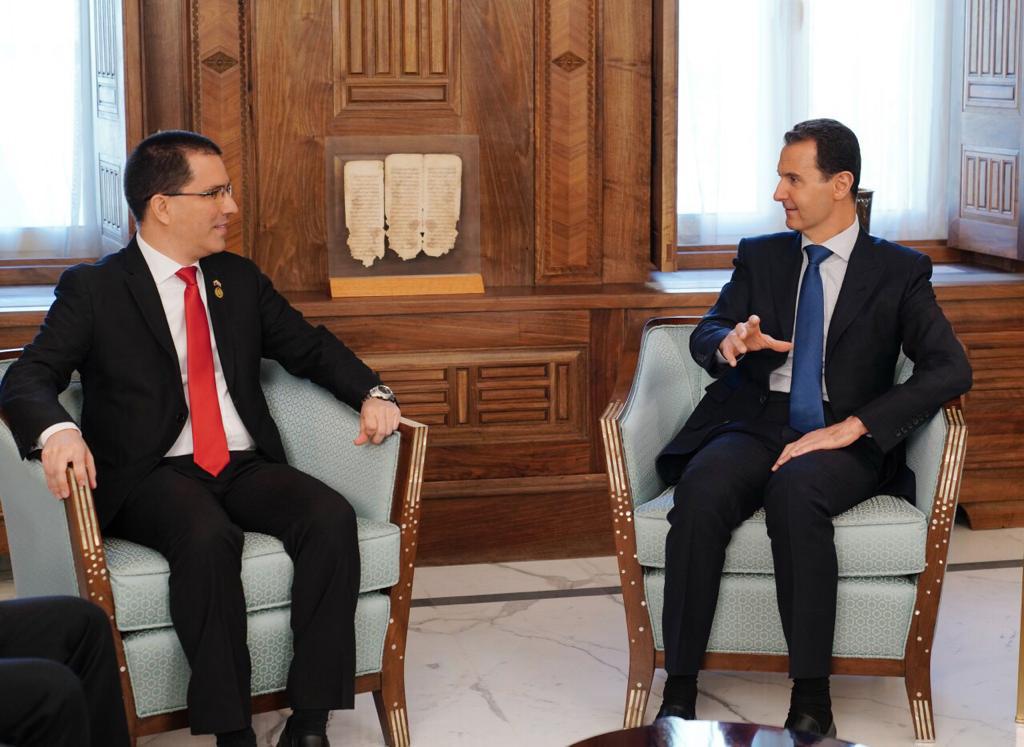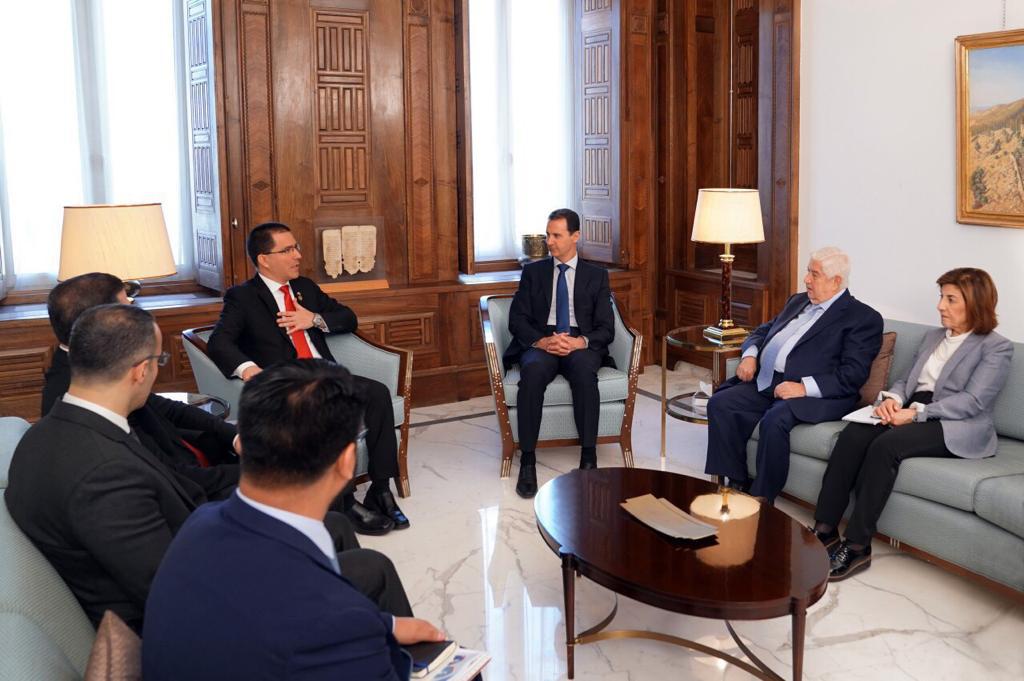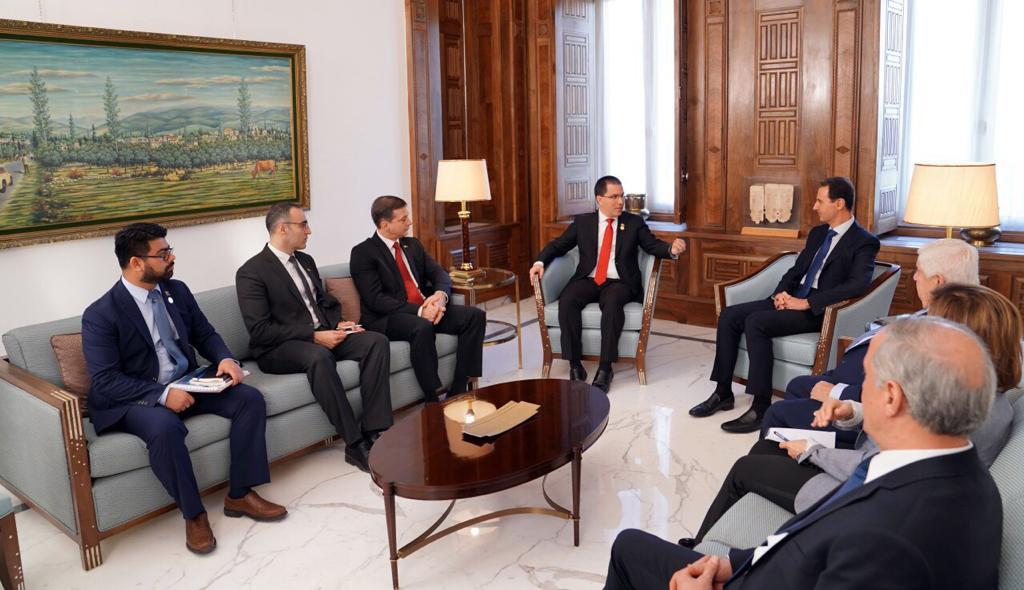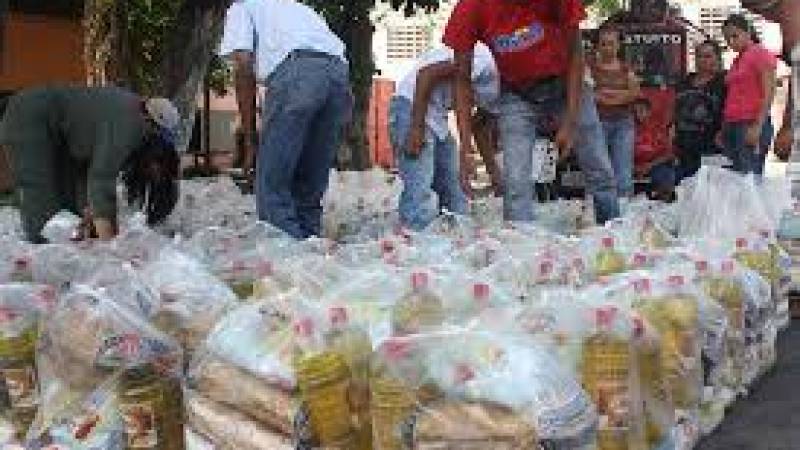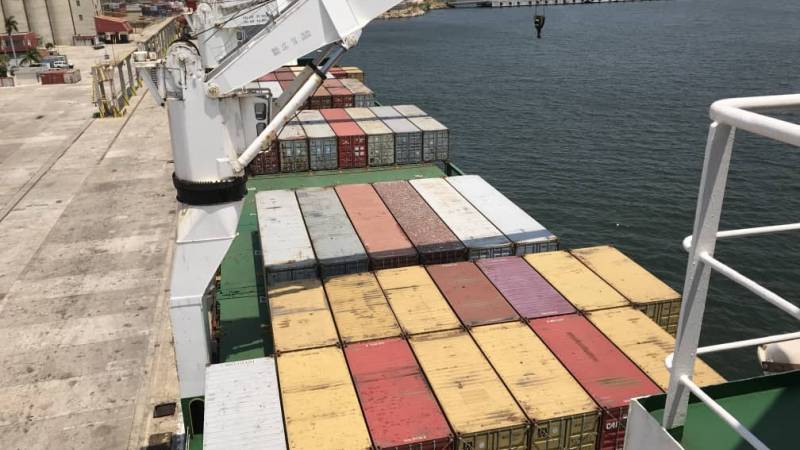See, before the coronavirus hit, my wife and I spent six weeks in Taiwan.
Even in small towns, Taiwan builds mostly dense, multi-story houses to the edge of the plot.
The 1st floor is public space.
You don't just own a house. You own a bookshop, or a restaurant, or a coffeehouse, or whatever you want.
More living space, more shade in summer.
What's that like? Let's compare it to where my wife and I live, in the San Fernando Valley.
If I want to visit a grocery store, I have to get a cargo bike or in the car, because it's a few miles.
A shop of any kind, it's probably about a mile.
Then there's another dearth of stuff until I hit the shops or a big commercial area.
*Per side.*
In Los Angeles, "alley" means "a place to get knifed." In Taiwan, "alley" means "a place to find delicious food."
I don't know if "business density" is an official term, but it's the only way I can describe it.
From the business owner end, *it requires less capital to open one.*
For example: consider a restaurant.
You don't need to invest capital to cook for sixty people. *Because they can't fit in your restaurant.*
Total capital investment: probably less than an electric moped.
One of their neighbors runs a laundromat in her living room.
Another neighbor made his garage a Daoist temple.
Well, here's one: if you live in Taiwan, you will see your neighbors a lot, and will have a better sense of what's going on in your neighborhood than the average American in suburbia does.
Here is how garbage collection works in L.A.: the city gives you cans. You fill them, leave them outside for an automated garbage truck.
In Taiwan, the garbage truck comes *every day.*
The garbage truck comes by -- playing music like a US ice cream truck -- and you and your neighbors gather to toss your little plastic bags of trash in the back.
As it happens, frequent encounters are the key to making friends: why it's so easy in college, & so hard after.
The US is all about expensive, fancy decor everywhere.
Meanwhile, there is a ramen shop in my wife's hometown that is basically indistinguishable from the motorcycle repair shop next to it.
The zillion little rooms mean duplication of furniture and medical equipment.
This involves a lot less duplication of material, and I bet it's easier on the doctors and nurses.
And here's the thing:
*Most Taiwanese architecture is not beautiful.*
It is *interesting* to look at, bc buildings are different sizes and shapes and colors, so there's variety. But a lot of it is concrete slabbery.
But even if the modern stuff isn't beautiful, it's SO MUCH MORE FUNCTIONAL than what we've got.
*Needing* a car for everything is probably the worst thing in the world you can do to the everyday living situation of comfortably well-off human beings.
Our public architecture in the US is indeed ugly.
But the way we build our houses and lay out our communities is truly fucked.
/fin


